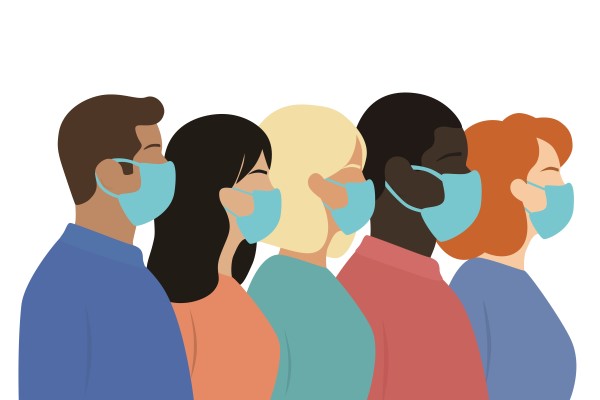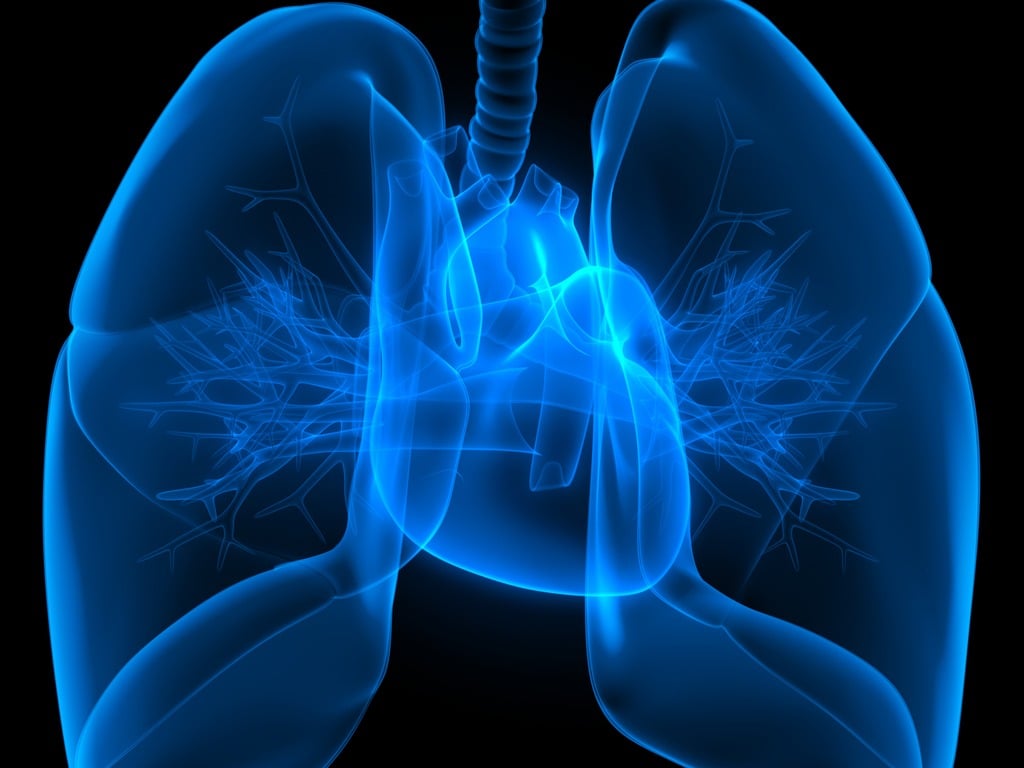Browsing: Topics



Pediatric EM
Pediatric ingestion of small blunt objects typically resolves without medical intervention. However, cases involving ingestion of magnets present increased risk of life-threatening morbidity,2-5 parti
Chart Review: Early Presentation after Neodymium Magnet Ingestion Associated with Decreased Morbidity in Pediatric Patients
10/10/2023 Anna Reviere , Ricardo Falcon, MD , Christopher W. Root, MD , Richard Lock, MD , Jason Mckee, MD , David Lemon, MD , Pankaj Vohra, MD , Razan Alkhouri, MD , Timothy R. Petersen, PhD , Codruta Soneru, MD








